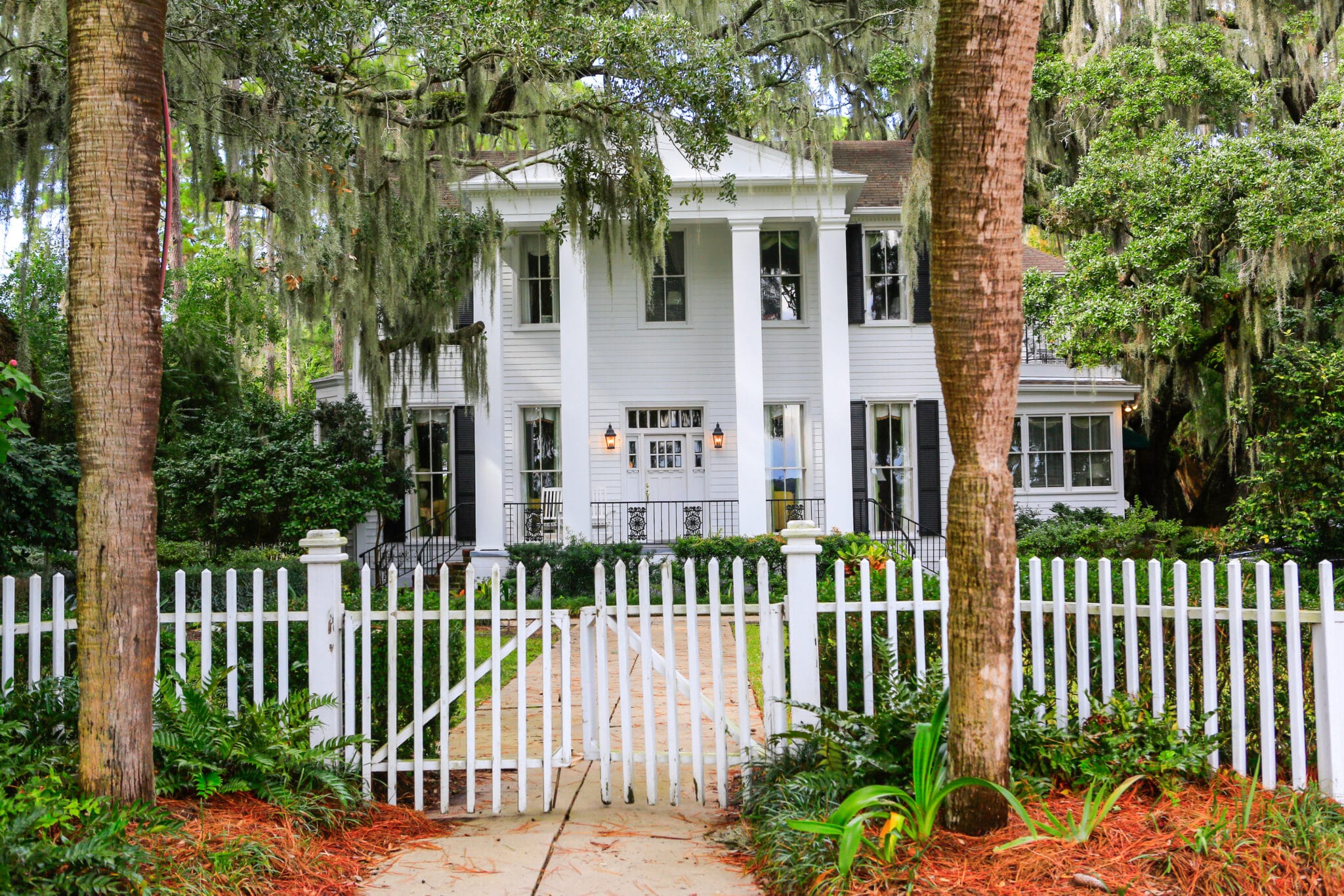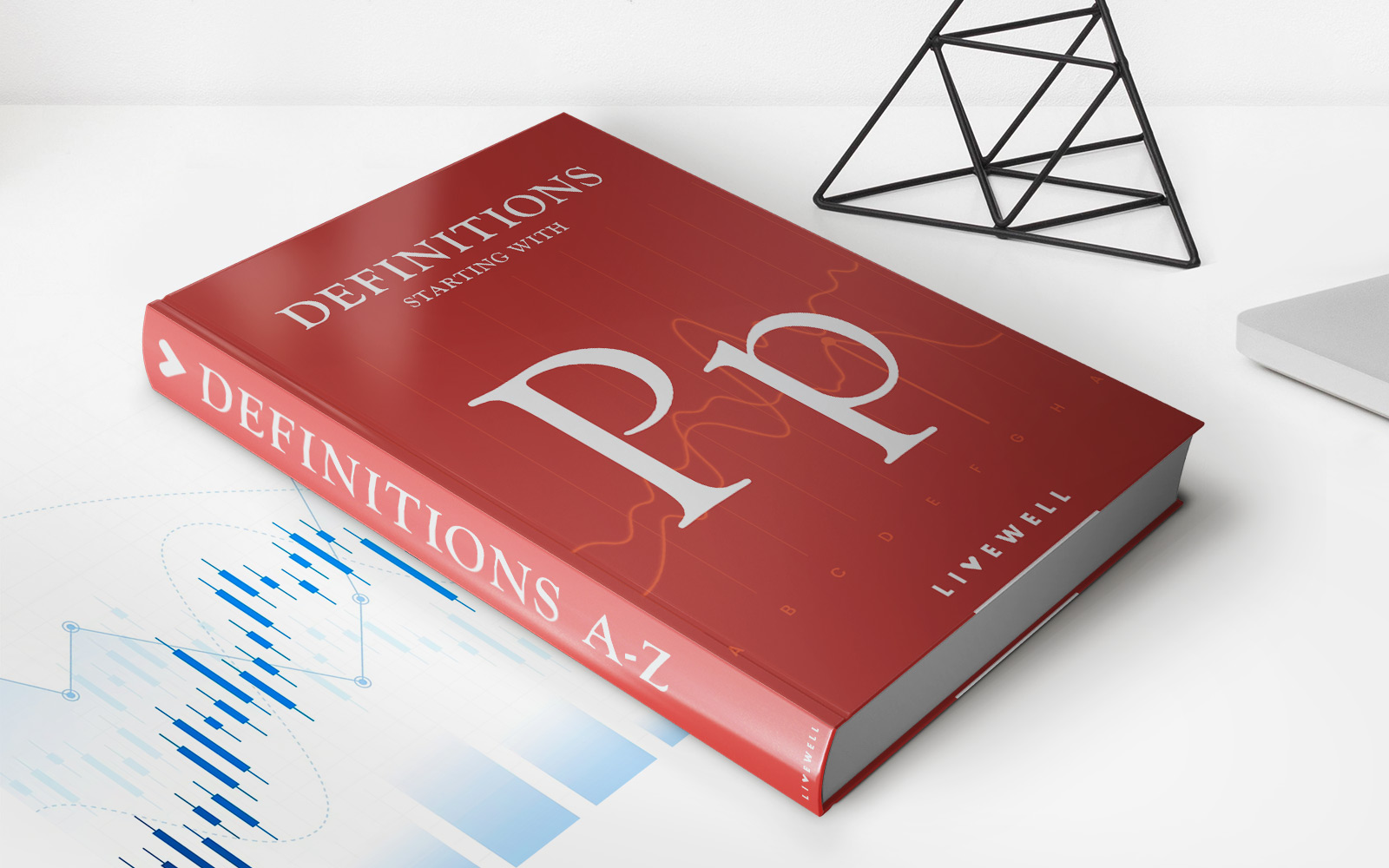Home>Finance>How Much Is Homeowners Insurance In Massachusetts?


Finance
How Much Is Homeowners Insurance In Massachusetts?
Published: November 15, 2023
Looking for homeowners insurance in Massachusetts? Find out how much it will cost you and get the best finance options with our expert guidance.
(Many of the links in this article redirect to a specific reviewed product. Your purchase of these products through affiliate links helps to generate commission for LiveWell, at no extra cost. Learn more)
Table of Contents
Introduction
When it comes to protecting your most valuable asset – your home – homeowners insurance is a must. In Massachusetts, where unpredictable weather patterns and natural disasters can cause significant property damage, having adequate coverage is crucial. Homeowners insurance provides financial protection against unforeseen events such as fire, theft, or damage caused by severe weather.
However, the cost of homeowners insurance can vary widely depending on several factors. Understanding the factors that affect homeowners insurance rates in Massachusetts will help you make an informed decision when choosing the right coverage for your needs. In this article, we will explore the average cost of homeowners insurance in Massachusetts, as well as the coverage options available to homeowners in the state.
Whether you’re a first-time homeowner or a long-time resident, finding affordable homeowners insurance is essential for peace of mind and financial security. By following some simple tips and tricks, you can save money on your premiums without compromising on coverage. We will provide you with valuable insights on how to find affordable homeowners insurance in Massachusetts, ensuring that you have the protection you need at a price you can afford.
So, let’s dive into the factors that impact homeowners insurance rates in Massachusetts, explore the average cost of coverage, and discover the options available to homeowners in the state.
Factors Affecting Homeowners Insurance Rates in Massachusetts
Several factors come into play when determining homeowners insurance rates in Massachusetts. Understanding these factors can help you better understand why your premiums may vary from others. Here are some key factors that insurance companies consider when calculating rates in Massachusetts:
- Location: The location of your property plays a significant role in determining your homeowners insurance rates. Areas prone to natural disasters, such as coastal regions, may have higher premiums due to the increased risk of hurricanes, floods, or wind damage. Additionally, crime rates in your area can also impact your rates.
- Construction and Age of the Home: The construction materials and age of your home are crucial factors in determining insurance rates. Newer homes built with sturdy materials are considered less risky and may qualify for lower premiums. Older homes, on the other hand, may have higher rates if they require updates or have outdated systems that could pose a higher risk of fire or other damage.
- Home Size and Value: The size and appraised value of your home are important factors in determining insurance rates. Larger homes generally have higher replacement costs, which can lead to higher premiums. Similarly, higher-value homes may have higher rates due to the increased financial risk for the insurance company.
- Claims History: Your past claims history can also influence your homeowners insurance rates. If you have a history of making frequent claims, insurance companies may consider you a higher risk and charge higher premiums. On the other hand, if you have a claims-free history, you may be eligible for discounts on your insurance.
- Home Security: The security measures you have in place can impact your insurance rates. Homes with security systems, fire alarms, and smoke detectors are less likely to experience extensive damage or loss, leading to lower premiums. By investing in home security measures, you can not only protect your property but also potentially reduce your insurance costs.
- Credit Score: In most states, including Massachusetts, insurance companies can consider your credit score when calculating homeowners insurance rates. Studies have shown a correlation between credit history and the likelihood of filing an insurance claim. Maintaining a good credit score can help lower your premiums.
Keep in mind that insurance companies may assign varying degrees of importance to each factor, resulting in different rates for different insurers. It’s essential to compare quotes from multiple insurance providers to find the best coverage at the most competitive rate for your specific situation.
Average Cost of Homeowners Insurance in Massachusetts
When it comes to homeowners insurance, the cost can vary significantly depending on several factors. In Massachusetts, the average annual premium for homeowners insurance is around $1,500. However, it’s important to note that this is just an average, and individual rates may be higher or lower based on the specific circumstances of each homeowner.
The cost of homeowners insurance is influenced by factors such as the location of the property, the size and value of the home, and the coverage limits selected. Areas prone to natural disasters or with higher crime rates tend to have higher premiums. Additionally, larger homes with higher values generally have higher premiums due to the increased cost of replacement or repairs.
It’s also worth mentioning that Massachusetts experiences different weather patterns throughout the year, including heavy snowfall in the winter and the potential for hurricanes and coastal storms. These weather events can impact insurance rates, particularly for properties in high-risk areas.
Keep in mind that homeowners insurance not only provides coverage for the structure of your home but also protects your personal belongings and provides liability coverage. The coverage limits you choose for each of these components can also impact the cost of your insurance premium. Higher coverage limits generally lead to higher premiums.
To ensure that you are getting the best value for your homeowners insurance, it’s crucial to shop around and compare quotes from multiple insurance providers. Each company has its own method of calculating rates, so obtaining quotes from different insurers will allow you to find the most competitive price for the coverage and protection you need.
In addition to comparing quotes, you may also be eligible for discounts that can help lower your homeowners insurance premium. Many insurance companies offer discounts for safety features such as smoke detectors, burglar alarms, and fire extinguishers. Maintaining a good credit score can also help you qualify for lower rates.
Remember that while obtaining affordable homeowners insurance is important, it’s equally essential to ensure you have adequate coverage for your property and belongings. Reviewing your policy annually and reassessing your coverage needs is a critical step to protect your investment and provide financial security for unforeseen events.
Coverage Options for Homeowners Insurance in Massachusetts
When it comes to homeowners insurance in Massachusetts, there are various coverage options available to protect your property and assets. Understanding these options will help you tailor your coverage to meet your specific needs. Here are some of the common coverage options for homeowners insurance in Massachusetts:
- Dwelling Coverage: This covers the physical structure of your home against damage from covered perils, such as fire, lightning, hail, windstorms, and vandalism. Dwelling coverage provides financial protection to repair or rebuild your home if it is damaged or destroyed.
- Other Structures Coverage: This coverage extends to structures on your property that are not attached to your main dwelling, such as a detached garage, shed, or fence. It helps cover repair or replacement costs in the event of damage or destruction.
- Personal Property Coverage: This coverage protects your personal belongings, such as furniture, appliances, electronics, clothing, and jewelry, in the event of theft, fire, or other covered perils. It provides reimbursement for the cost of replacing or repairing your belongings.
- Liability Coverage: Liability coverage protects you if someone is injured on your property or if you accidentally cause damage to someone else’s property. It helps cover legal fees, medical expenses, and other costs associated with a liability claim against you.
- Medical Payments Coverage: This coverage pays for medical expenses if someone is injured on your property, regardless of who is at fault. It can help cover emergency medical treatment, doctor visits, and other healthcare costs.
- Loss of Use Coverage: If your home is uninhabitable due to covered damage, loss of use coverage helps cover additional living expenses, such as temporary accommodation, meals, and other necessary expenses, until your home is repaired or rebuilt.
It’s important to carefully review your policy and understand the specific coverage and limits provided by your insurance company. Consider your property value, personal belongings, and potential risks to determine the appropriate level of coverage for your needs. In some cases, you may need to consider additional endorsements or riders to ensure coverage for specific items or situations not covered by the standard policy.
Remember, every insurance policy has exclusions and limitations, so it’s essential to read and understand the terms and conditions of your policy. If you have any questions or require additional coverage, consult with your insurance agent to make sure you have the right coverage in place to protect your home and assets.
Tips for Finding Affordable Homeowners Insurance in Massachusetts
Securing affordable homeowners insurance in Massachusetts is vital for protecting your home and finances. Here are some tips to help you find the most affordable coverage without sacrificing necessary protection:
- Shop Around and Compare Quotes: Prices for homeowners insurance can vary significantly among insurers, so it’s essential to obtain quotes from multiple companies. Compare the coverage and premiums offered by different insurers to find the best value for your money.
- Bundle Your Policies: Many insurance companies offer discounts if you bundle your homeowners insurance with other policies, such as auto insurance or life insurance. Consolidating your policies with one insurer can lead to substantial savings.
- Consider a Higher Deductible: Opting for a higher deductible can lower your homeowners insurance premium. However, it’s important to ensure that you can afford to pay the deductible in the event of a claim.
- Improve Home Security: Installing safety features such as smoke detectors, security alarms, and deadbolt locks can not only increase the security of your home but also qualify you for discounts on your homeowners insurance premium.
- Maintain a Good Credit Score: Many insurance companies consider credit scores when determining premiums. Maintaining a good credit score can help you secure lower rates on your homeowners insurance.
- Review and Update Your Coverage Regularly: As your circumstances change, it’s important to review your homeowners insurance policy and adjust your coverage accordingly. Ensure that you are adequately covered without paying for unnecessary coverage.
- Consider Flood Insurance: Standard homeowners insurance policies typically do not cover flood damage. Given the coastal areas and potential for heavy rain in Massachusetts, it may be worth considering purchasing a separate flood insurance policy to protect your home.
- Look for Discounts: Inquire about any discounts available to you, such as loyalty discounts, claims-free discounts, or senior discounts. These savings can add up over time.
- Work with an Independent Insurance Agent: Independent insurance agents can provide valuable guidance and access to multiple insurance companies, helping you find the best coverage options and rates tailored to your specific needs.
- Consider the Insurance Company’s Financial Stability: Before purchasing homeowners insurance, research the financial stability and reputation of the insurance company. You want to make sure they have the resources to pay claims when needed.
Remember, the goal is to find a balance between affordable premiums and adequate coverage. While cost is important, don’t compromise on the coverage and protection you need for your most valuable asset.
By following these tips and working with an experienced insurance professional, you can find affordable homeowners insurance in Massachusetts that meets your specific requirements, giving you peace of mind knowing that your home is protected.
Conclusion
When it comes to protecting your home in Massachusetts, homeowners insurance is an essential investment. It provides financial security and peace of mind, ensuring that you are covered in the event of unexpected damages or losses. However, finding affordable homeowners insurance that meets your needs can seem like a daunting task.
By understanding the factors that affect homeowners insurance rates in Massachusetts, such as location, construction, claims history, and security measures, you can better navigate the insurance landscape and make informed decisions. Additionally, knowing the average cost of homeowners insurance in the state gives you a benchmark for evaluating quotes and ensuring that you are getting the best value for your money.
Consider the coverage options available to homeowners in Massachusetts, such as dwelling coverage, personal property coverage, liability coverage, and more, to tailor your policy to your specific needs. Reviewing your policy annually and assessing your coverage needs will help you stay adequately protected.
To find affordable homeowners insurance in Massachusetts, remember to shop around and compare quotes from different insurers. Look for discounts, bundle policies, consider a higher deductible, and maintain a good credit score to potentially reduce your premiums. Working with an independent insurance agent can also provide valuable guidance and access to multiple insurance companies.
Ultimately, the goal is to strike a balance between cost and coverage. While affordability is important, it’s crucial to ensure that you have enough coverage to protect your home and assets adequately. Regularly review and update your policy as needed to account for any changes in your circumstances.
Protecting your home is essential, and homeowners insurance is the tool that provides the necessary financial safety net. By following the tips and information outlined in this article, you can find affordable homeowners insurance in Massachusetts that gives you the peace of mind you deserve.














